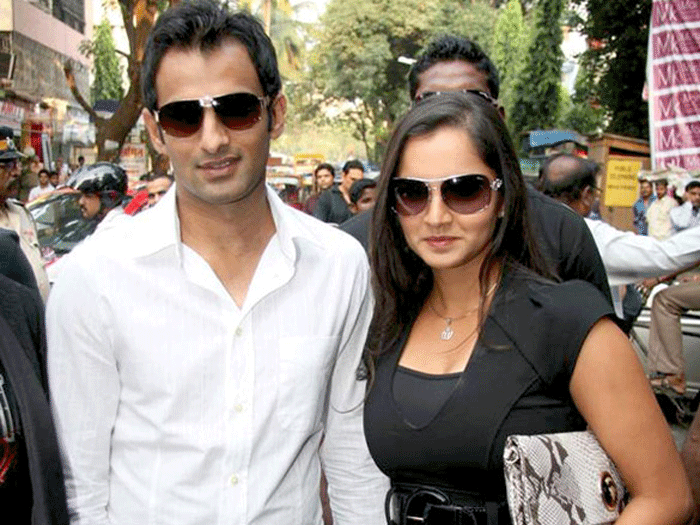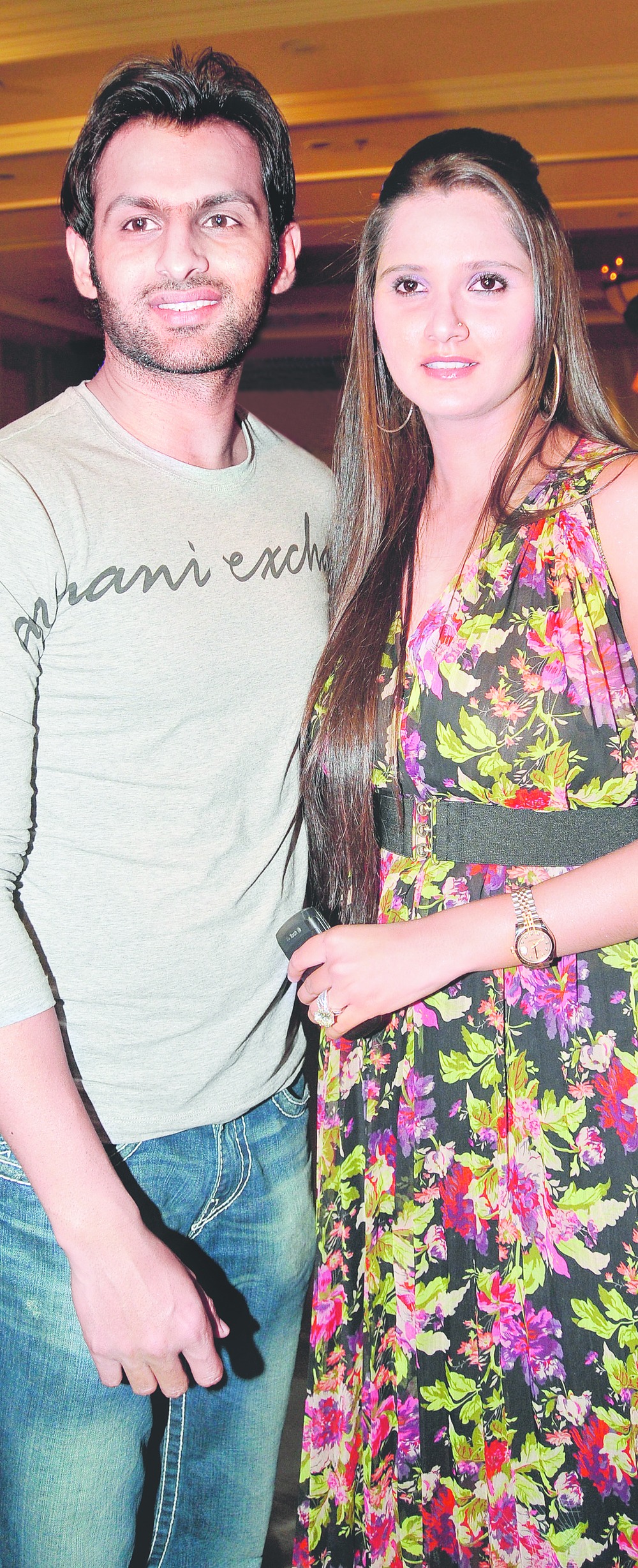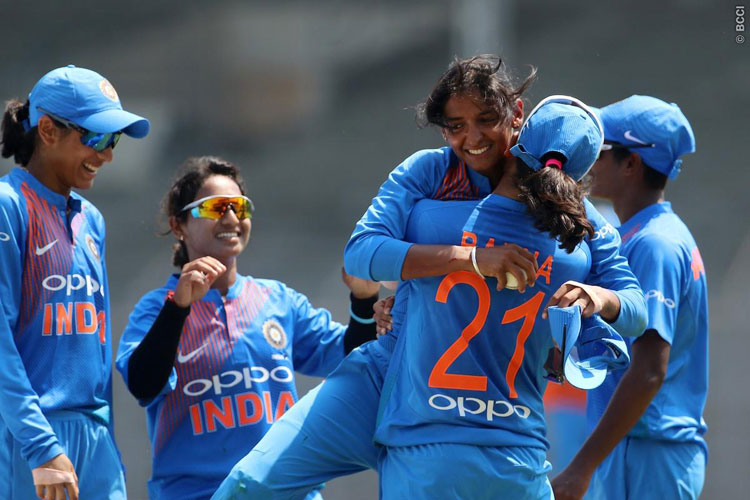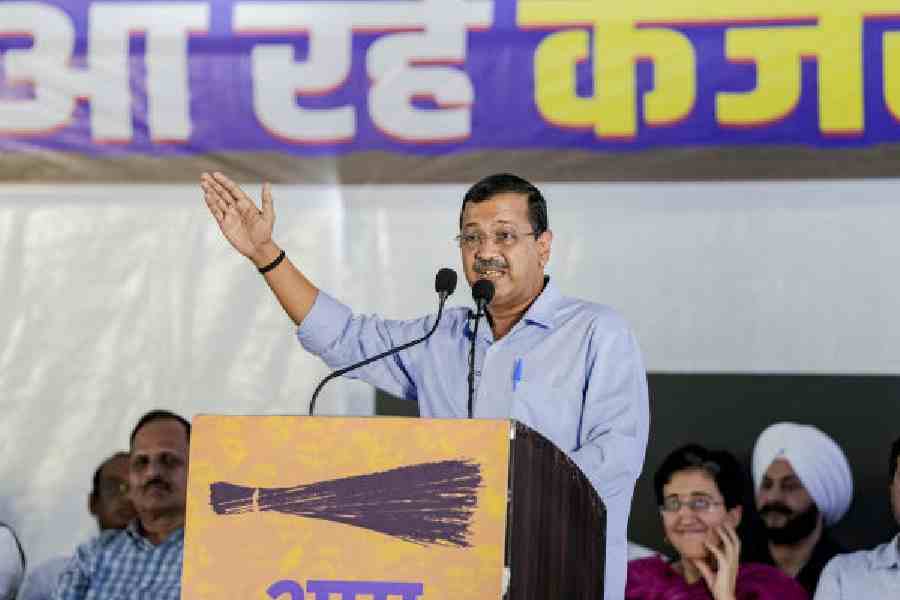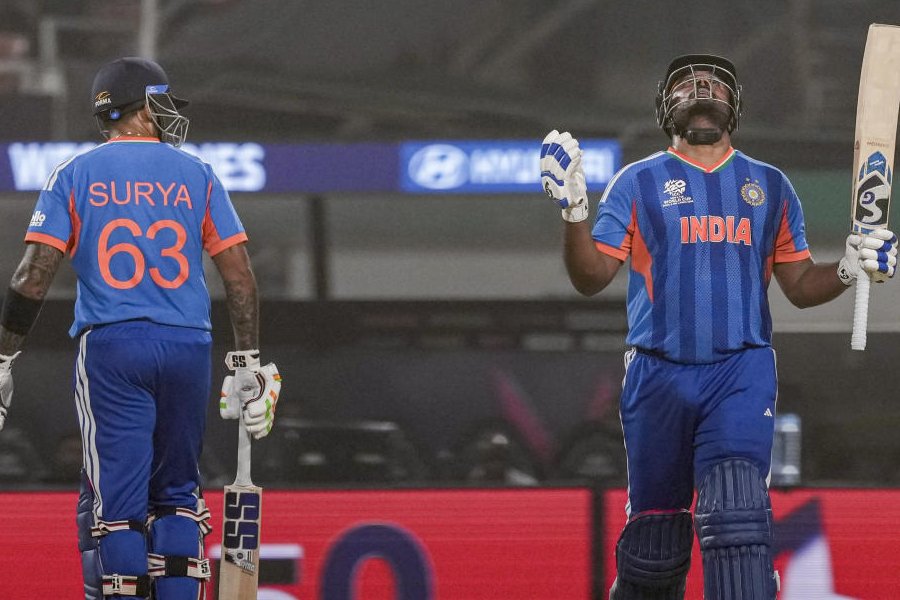The integrity of the gentleman’s game has been, on occasion, brought to disrepute by the gentlemen themselves. For instance, cricketers have been fined — even banished — for bringing the game to disrepute. Match-fixing — the spectre has not been exorcized yet — ball-tampering and sledging are some of the more common ways of putting a stain on white flannels. But these, it must be argued, are not the only ways of shaming cricket. It has taken a woman sportsperson — a tennis player — to expose a distinctly ungentlemanly sentiment that remains all-pervasive in the modern game. Speaking at the India Economic Summit, Sania Mirza, who is married to a Pakistan cricketer, talked of the wives and girlfriends of cricketers being blamed — humiliated — when their partners perform poorly. It is alleged that the women — many of whom are glamorous, accomplished individuals themselves — are the cause of ‘distraction’.
This medieval mindset, pinning the blame on women partners, is symptomatic of a regressive, discriminatory and patently objectionable outlook. The modern trappings of the game have not been able to eradicate it. Far from being a ‘distraction’, the company of a loved one, a wife or a partner, can have a beneficial effect on cricketers who are, at times, touring for long stretches. It is implausible that players’ partners put a strain on the resources of the cricket board. The pockets of the Board of Control for Cricket in India are known to be formidably cavernous. Ms Mirza’s comment provides ample food for thought. It is true that cricket administrators around the world, including the BCCI, are making efforts to address the disparities that exist between men’s cricket and the women’s game. Even though their remunerations vary sharply, the women’s World Cup has already created a bit of a splash. This is certainly a positive beginning. But unless steps are taken to rid the culture of toxic masculinity that continues to flourish in and around cricket, the game cannot be called representative in the truest sense. It would, unfortunately, continue to mirror the larger discriminations that persist in life.

